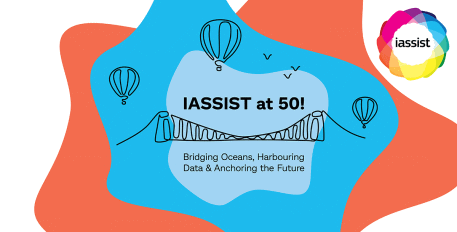Thanks to the authorization for the international opening of their data, granted by producers since the beginning of the CASD, the work of researchers carried out in research centres abroad on French data has multiplied; as shown by the number of SD-Boxes installed in these centres and the steady increase in the number of users of these accesses.
Among the users, there are naturally French researchers on the move in prestigious research centres in Germany (University of Mannheim and Bielefeld University for example), the United States (Princeton University, MIT, Columbia University, etc.), Italy (notably University of Trento and University of Milan), the United Kingdom (London School of Economics, University of Cambridge, University of Warwick etc.) and Switzerland (ETH Zurich) working very often on data with colleagues from these centres. Then, very quickly, foreign researchers from these same centres – or others around the world – became interested in the data available through CASD, as knowledge of French sources spread, whose quality and richness open up many possibilities for research.
Among the data most used for this work carried out abroad, we find the same data as those used in France, but with a more concentrated scope on company data (statistics on companies and their contours, data on establishments and employees, and innovation in particular) but which does not neglect data such as those of the EDP (Permanent Demographic Sample), EEC (Continuous Employment Survey), the population census, the Trajectoires et Origines survey or data on agriculture.
There are many projects, some of which are unsurprisingly focused on exporting companies or multinationals and others, more and more numerous, on issues such as the impact of globalisation and environmental policies on company strategies (financing, location, wages, qualifications) or on the general development of labour markets (self-employment, SMEs). The available data on immigration also attract the attention of researchers specializing in these issues abroad.
As evidenced, for example, by one of the articles published on the basis of the work carried out at the University of Mannheim on French data “Offshoring and Skill-Upgrading in French Manufacturing” H. Fadinger Journal of International Economics, Volume 118, May 2019, Pages 138-159, their quality is a major asset for testing theories.
« To test the empirical predictions of our model we use a quasi-exhaustive panel dataset of French manufacturing firms for the period 1996–2007. These data provide information on firm-level imports by product and origin country, and have been extensively used in the literature due to their high quality (e.g.Berman, Martin, Mayer, 2012 and Mayer, Melitz, Ottaviano, 2014) ».
This is also shown by the work carried out on French and Norwegian data, as highlighted by the authors of “The Life-Cycle Dynamics of Exporters and Multinational Firms” Anna Gumpert, Andreas Moxnes, Natalia Ramondo, Felix Tintelnot LMU Munich and CESifo U. of Oslo and CEPR UCSD and NBER U. of Chicago and NBER, November 2, 2017:
« We exploit the unique characteristics of firm-level data on domestic firms, exporters, and MNEs from France and Norway and complement them with firm-level data on MNEs from Germany. We uncover three new facts. First, new exporters in a foreign market have two to three times higher exit rates than new affiliates of MNEs in the same market. Second, sales growth profiles are similar between the two groups. Finally, young ex- porters’ exit rates exhibit gravity—that is, they are strongly correlated with foreign market size and distance—whereas those of young MNE affiliates are uncorrelated with these foreign country characteristics. Our findings are strikingly very similar across the three economies under study, despite their different structures. »
While the use of French data for work also carried out on data from other countries is not always as easy to assess because projects are often carried out in parallel, it is likely that they will be facilitated by projects such as the IDAN network of secure centres in which CASD is a partner, which will make it easier for researchers to work on data from several countries from a single site.






